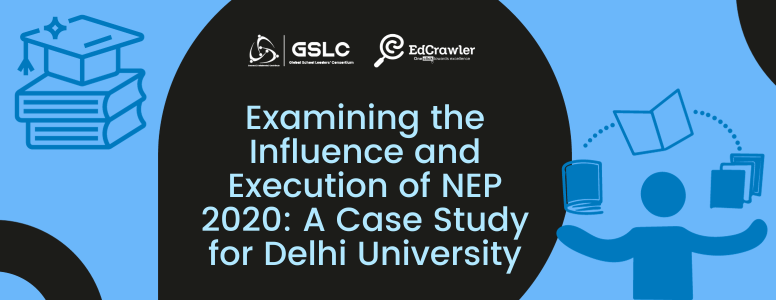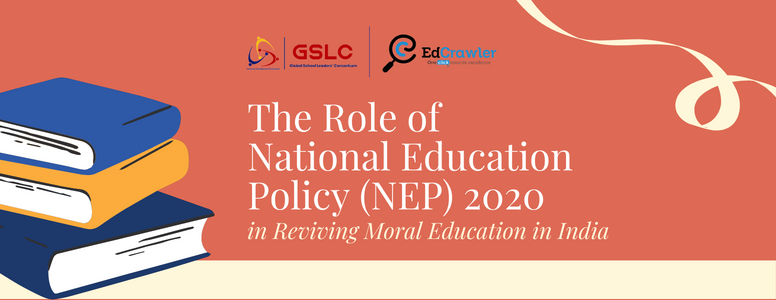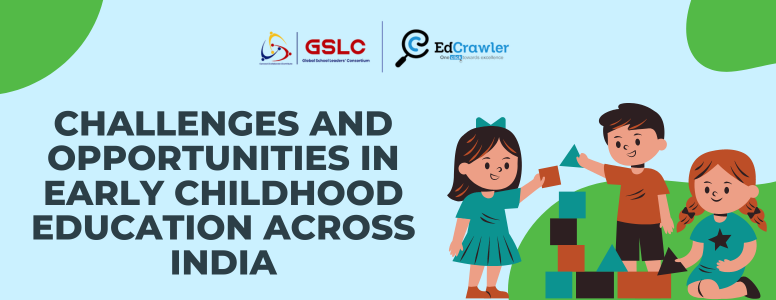Examining the Influence and Execution of NEP 2020: A Case Study for Delhi University

The National Education Policy (NEP) of 2020 has become a driving force for a more inclusive, resilient, and thriving educational future in India. Unlike its predecessors in 1968 and 1986, the NEP 2020 places a strong emphasis on fostering equity and inclusion through educational means. Introduced in July 2020, this policy brings significant reforms, particularly in higher education institutions (HEIs), advocating for balanced regulation of both public and private entities and encouraging philanthropic engagement in the education sector.
NEP 2020 charts a course for revitalizing India's educational landscape, drawing inspiration from Indian knowledge traditions, Gandhiji’s visions, and the contemporary goal of an Atmanirbhar Bharat (Self-reliant India). This policy promises a holistic educational paradigm, blending theoretical knowledge with practical application, and promoting multilingualism amidst rich societal values. Over the past three years, it has spurred numerous initiatives, each contributing to the transformation of India's educational canvas.
The policy focuses on crucial aspects such as creating a fair and inclusive educational atmosphere, establishing a versatile infrastructure catering to diverse student needs, enhancing the quality of universities and colleges, promoting vocational education, and fostering superior academic research through the National Research Foundation. It aims to overhaul the regulatory framework and governance of higher education, emphasizing the autonomy of Higher Education Institutions (HEIs).
Delhi University (DU), a premier institution, has been at the forefront of implementing NEP 2020. Under the leadership of Professor Yogesh Singh, DU has made significant strides in curriculum flexibility, multidisciplinary approaches, research, innovation, and teacher training. The university has embraced NEP principles, introducing the Choice-Based Credit System (CBCS) for increased flexibility and launching new programs that promote critical thinking and interdisciplinary research.
DU's commitment to multilingualism aligns with NEP 2020's emphasis on teaching Indian languages and promoting instruction in regional languages. The university has also initiated various programs and research centers, fostering an environment of cultural enrichment and academic innovation. DU's efforts, including scholarships, fellowships, and value addition courses, contribute to a culture of research and innovation, promoting a vibrant entrepreneurial ecosystem.
Despite these achievements, there is room for improvement. Additional investment in infrastructure, a heightened focus on industry-academia connections, and ensuring high-quality study materials in Hindi and other languages are essential. Overall, NEP 2020 serves as a catalyst for an equitable, resilient, and flourishing educational future in India, with institutions like Delhi University leading the way through transformative practices and a commitment to global excellence.










